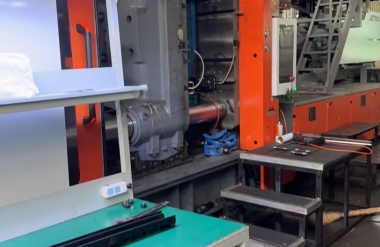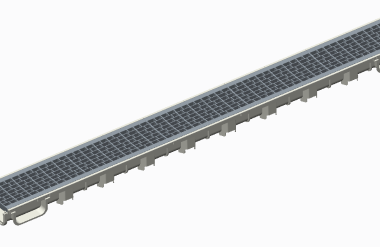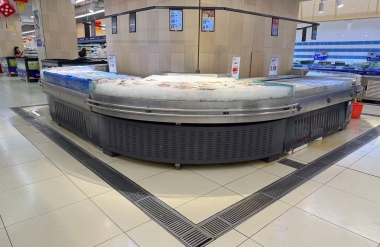Advantages of Plastic Drain Channels
Plastic drain channels are advantageous due to their lightweight nature, making them easy and cost-effective to install and transport. They are also highly durable, corrosion-resistant, and require minimal maintenance, withstanding chemicals and UV rays without degrading. Their adaptability and smooth interior surfaces ensure efficient water flow and help prevent water damage.
Ease of installation:
Lightweight construction makes them simple to handle, transport, and install.
Components often snap together, simplifying the process.
Installation is often faster compared to heavier materials like concrete.
Cost-effectiveness:
Lower transport and installation costs due to lighter weight.
Minimal maintenance requirements save time and money over the long term.
Durability and longevity:
Made from durable materials like polypropylene or HDPE, they can withstand heavy loads and extreme temperatures.
Resistant to chemical corrosion from common substances like fertilizers and pool chemicals.
Excellent resistance to UV radiation.
Performance:
Smooth interior surfaces promote efficient water flow.
They are effective at collecting and redirecting surface water to prevent pooling and potential water damage to property.
Versatility:
Can be customized to fit various designs.
Suitable for a wide range of applications, from residential patios and driveways to commercial and industrial settings
What Are Plastic Drainage Channels?
Plastic drainage channels are linear water management systems designed to capture and redirect surface and foul water runoff. They are commonly used in domestic settings like driveways, patios, garden paths, and terraces. Some are designed to withstand light vehicle traffic.
They are commonly installed in roads, car parks, patios, and industrial yards.They are effective at collecting and redirecting surface water to prevent pooling and potential water damage to property.
Plastic drainage channels are mostly manufactured in high-density polyethylene (HDPE) or polypropylene (PP). Some manufacturers use recycled plastic for production, helping reduce waste and carbon emissions.
The light weight construction of plastic drainage channels make them easy to handle, transport, and install, and also resistant to chemical corrosion. The combination of durability and adaptability has made plastic drainage channels a trusted solution in both public and private sector construction projects.







